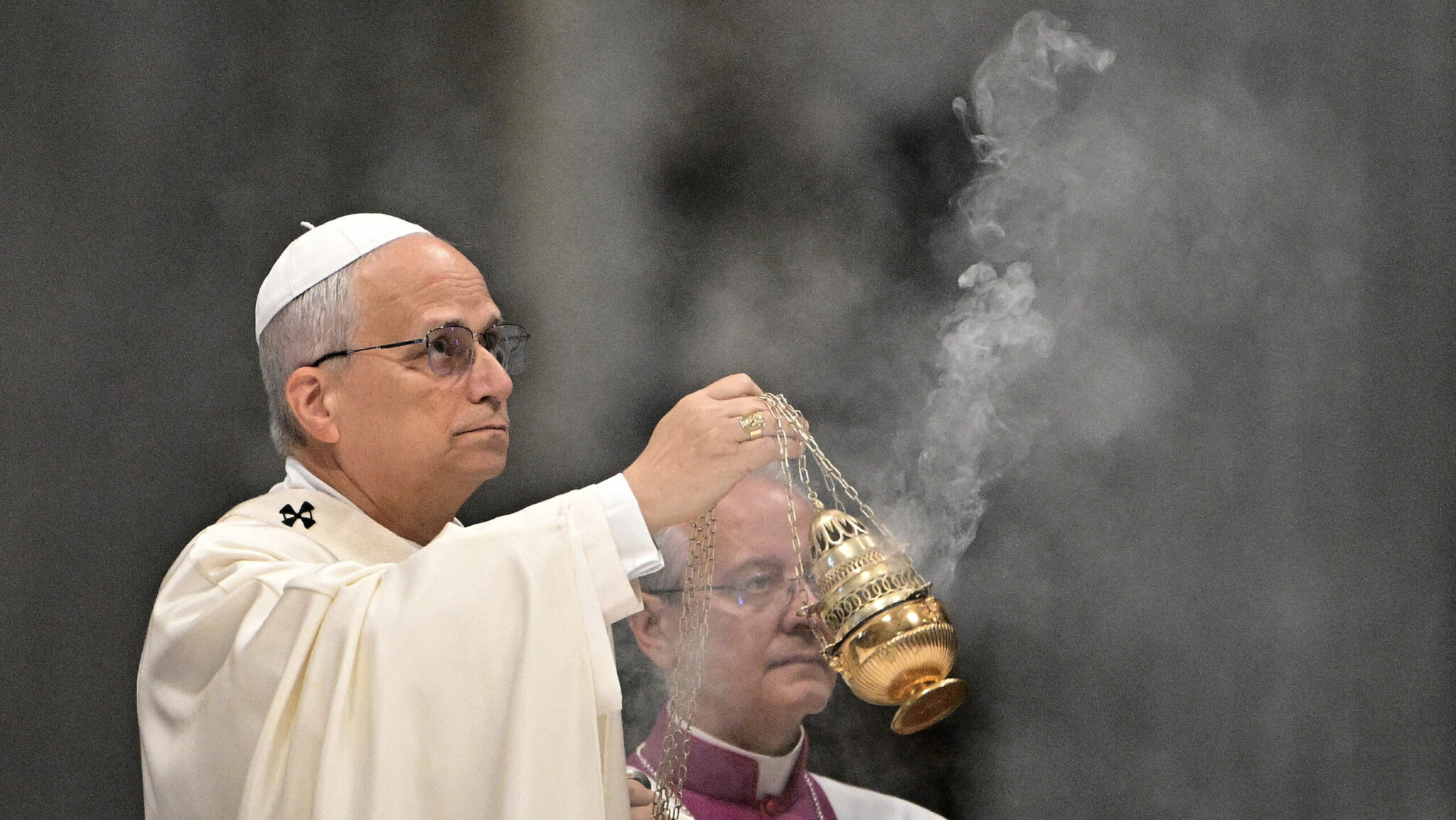In a world grappling with the rapid advancements of technology, the Catholic Church is emerging as a voice of ethical guidance, with Pope Leo XIV at the forefront. As the first American pontiff, Leo XIV has chosen to prioritize artificial intelligence (AI) as a central focus of his papacy, viewing it not only as a technological revolution but also as a profound moral challenge.
Pope Leo XIV’s Vision
Pope Leo XIV has expressed concerns about the unchecked power of AI and its potential to disrupt societal norms. Unlike technology leaders who embrace AI as a new frontier, Leo XIV warns against the ‘tyranny of algorithms.’ He emphasizes the need for a moral compass in the development and deployment of AI technologies.
Ethical Considerations
– Human Dignity: The Pope stresses that AI should enhance human dignity, not undermine it. He calls for careful consideration of how AI affects employment, privacy, and personal freedom.
– Moral Responsibility: Leo XIV argues that developers and users of AI must be held accountable for the ethical implications of their creations.
– Spiritual Concerns: The Pope highlights the spiritual dimension of AI, urging believers to reflect on how technology affects their relationship with God and each other.
The Church’s Role
The Catholic Church, often perceived as a traditional institution, is proving its relevance in modern debates. Under Pope Leo XIV’s leadership, the Church is positioning itself as a moral authority on AI ethics. It aims to influence global discussions on technology by advocating for policies that prioritize human well-being.
Global Influence
Pope Leo XIV’s stance on AI is resonating beyond the Catholic community. His call for ethical AI is gaining attention from global leaders, technology companies, and ethicists. The Pope’s vision aligns with a growing movement that seeks to balance technological innovation with ethical responsibility.
Collaborative Efforts
– Interfaith Dialogue: The Vatican is engaging in dialogues with other religious communities to build a united front on AI ethics.
– Partnerships with Tech Leaders: The Church is reaching out to technology firms to collaborate on guidelines that ensure AI serves the common good.
– Educational Initiatives: The Pope is promoting education on AI ethics within Catholic institutions, aiming to nurture a new generation of ethical leaders.
Public Reception
The public response to Pope Leo XIV’s AI crusade has been overwhelmingly positive. Many see his leadership as a beacon of hope in a rapidly changing world. His message resonates with those who fear that technology is outpacing humanity’s ability to manage its consequences.
Future Prospects
Looking ahead, Pope Leo XIV plans to continue advocating for ethical AI. He is expected to address AI ethics in future encyclicals and Church teachings, reinforcing the Catholic Church’s commitment to guiding humanity through the complexities of the digital age.
Conclusion
Pope Leo XIV’s proactive approach to AI ethics is a testament to the Catholic Church’s ability to adapt and address contemporary challenges. By championing the moral dimensions of technology, he is ensuring that the Church remains a vital force for good in the world.
Follow us for more updates on AI and ethics at aitechtrend.com.
Note: This article is inspired by content from https://www.thecatholicthing.org/2025/06/18/leo-xivs-crusade-against-artificial-intelligence/. It has been rephrased for originality. Images are credited to the original source.

